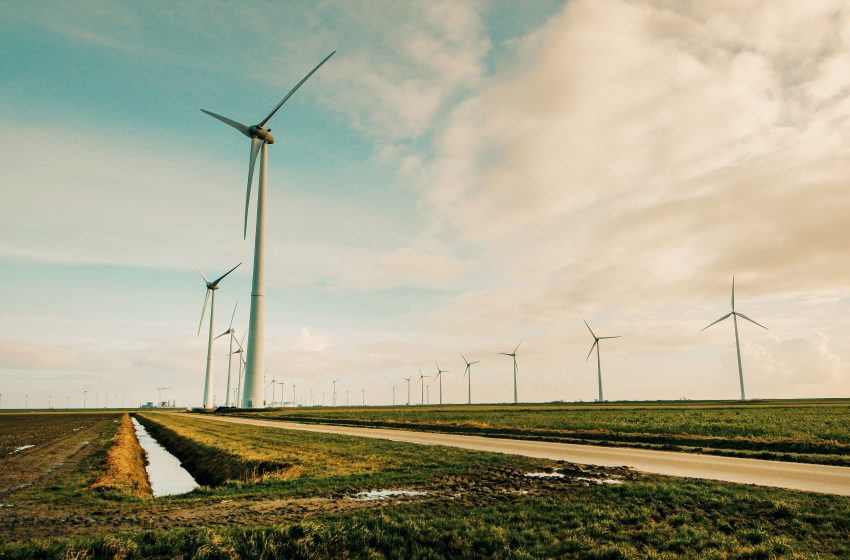According to science-based findings, an estimated one million species are at risk of extinction by 2030 if the world continues to ignore the need to reserve areas for conservation.
The United Nations is asking countries to designate 30% of their land and sea areas for conservation by 2030, adding that this biodiversity program tagged the “30-by-30” goal would help protect the world’s environments against poaching, pollution or encroaching human development.
So far, more than 90 countries, including the United States, have committed to the 30-by-30 target, according to the High Ambition Coalition for Nature and People. The countries include Belize, Costa Rica, Finland, Gabon, Kenya, Seychelles, Vanuatu, Portugal, Palau and Belgium.
As the continent with the most wildlife, Africa must take the front row in the “30-by-30” conversation. Unfortunately, only a handful of countries in Africa are actively making efforts to commit to the framework.

After previous rounds of talks in March failed to make progress, negotiators from the UN have begun fresh talks in Nairobi towards reaching the biodiversity goal that would hopefully involve more African countries.
“We have every reason to be fully confident that the global biodiversity framework will be adopted”, said China’s environment minister, Huang Runqiu, who is also the COP15 president.
The Earth has seen five mass extinction events and scientists believe we are now in the sixth, with animal and plant species going extinct at a rate not seen in 10 million years.

